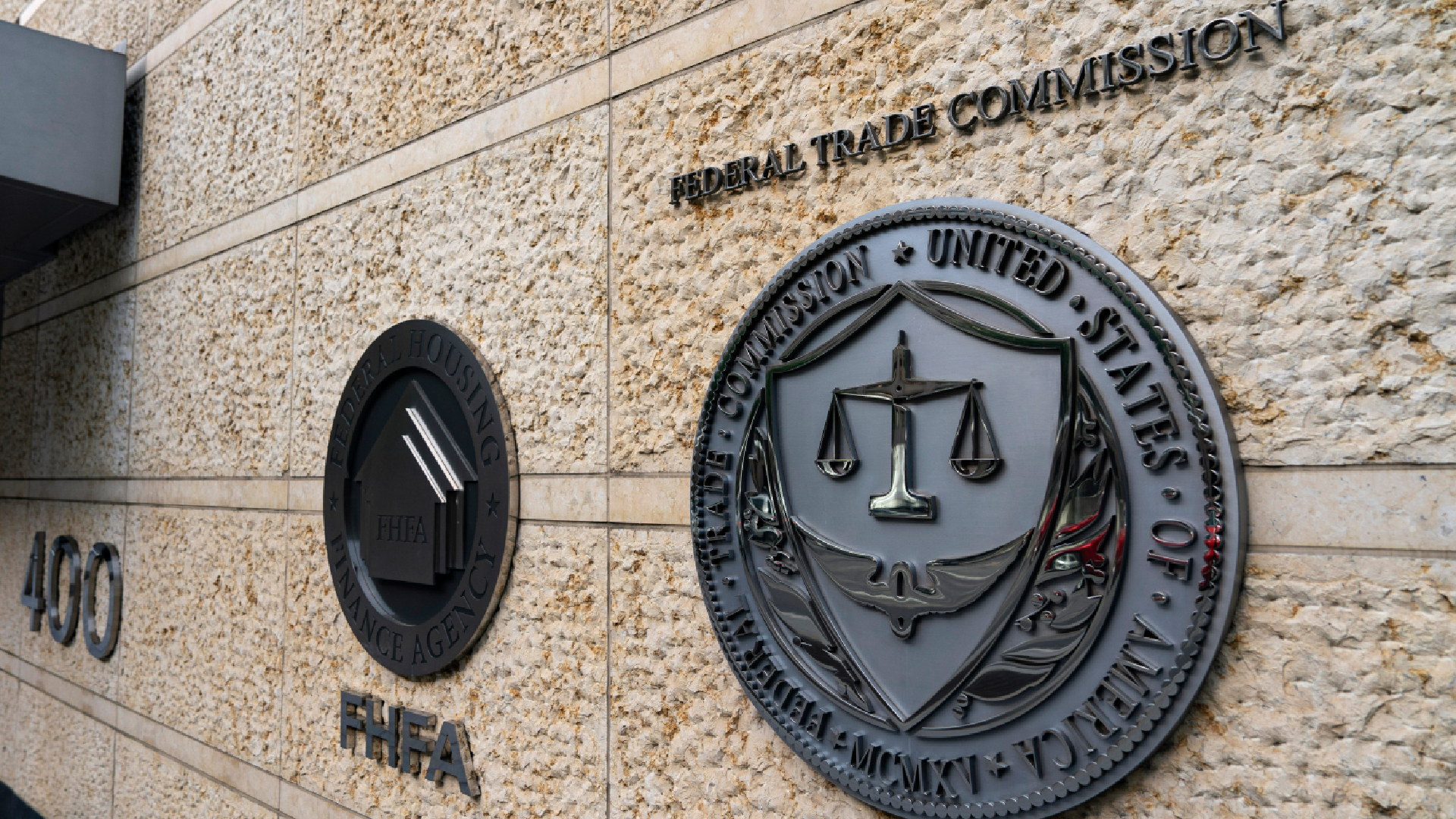
The Negative Option Rule is great for consumers, but the FTC isn't enforcing it
If you’ve ever found yourself stuck on the phone trying to cancel an unwanted subscription or end a “free trial,” you’re in luck because the FTC has a new rule to fix that. The only problem? They’re delaying actually enforcing it.
The “Rule Concerning Subscriptions and Other Negative Option Plans”, or more simply the “Negative Option Rule”, is a regulation passed under the Biden administration late last year that’s designed to crack down on companies using predatory tactics to try to prevent people from canceling their subscriptions. That includes any practice that makes it significantly harder to cancel a subscription than it was to sign up.
The Negative Option Rule was set to go into effect on May 14, but on May 9, the FTC voted 3-0 to delay enforcing compliance until July 14, 2025.
The FTC statement on the delay claims this was to “ensure ample time for companies to conform their conduct to the Rule,” meaning adjust their policies to make cancelling subscriptions easier like the Negative Option Rule requires.
The reluctance to begin enforcing the law might also be due to ongoing lawsuits from the U.S. Chamber of Commerce, the Interactive Advertising Bureau, the Electronic Security Association, and the Internet and Television Association (NCTA), who are trying to block the Negative Option Rule.
It probably shouldn’t come as a surprise that cable companies and advertisers aren’t fans of a law that would force them to make it easier for consumers to save money.
Ironically, their pushback against the Negative Option Rule highlights why it’s necessary. Business practices that make it unnecessarily difficult to cancel recurring charges can be the virtual equivalent of highway robbery, especially when companies are vague or deceptive about what you’re signing up for—for instance, automatically charging customers for a full year’s subscription without warning because they didn’t cancel a “free trial.”
2025 games: Upcoming releases
Best PC games: All-time favorites
Free PC games: Freebie fest
Best FPS games: Finest gunplay
Best RPGs: Grand adventures
Best co-op games: Better together
That’s not to say that free trials and subscriptions are always predatory. However, anyone who’s found themself stuck on the phone or in an endless loop of customer service emails trying to get back money from a charge they didn’t mean to pay knows how costly even one encounter with a shady subscription can be. That’s what the Negative Option Rule is supposed to prevent.
As the FTC summary states, the rule was “calculated to combat unfair or deceptive business practices, including recurring charges for products or services consumers do not want and cannot cancel without undue difficulty.”
Businesses can still offer free trials and as many subscription options as they want. They just can’t make you jump through hoops and run a lap around Mordor to cancel. Being clear about what consumers are signing up for and respecting their freedom to cancel their subscriptions shouldn’t be controversial.
The FTC initially gave businesses 180 days already to prepare to comply with the Negative Option Rule. An additional 2 months is generous, but hopefully the FTC doesn’t continue deferring enforcement. This law might not be popular with business titans, but it’s the kind of protection consumers have needed for a long time.




